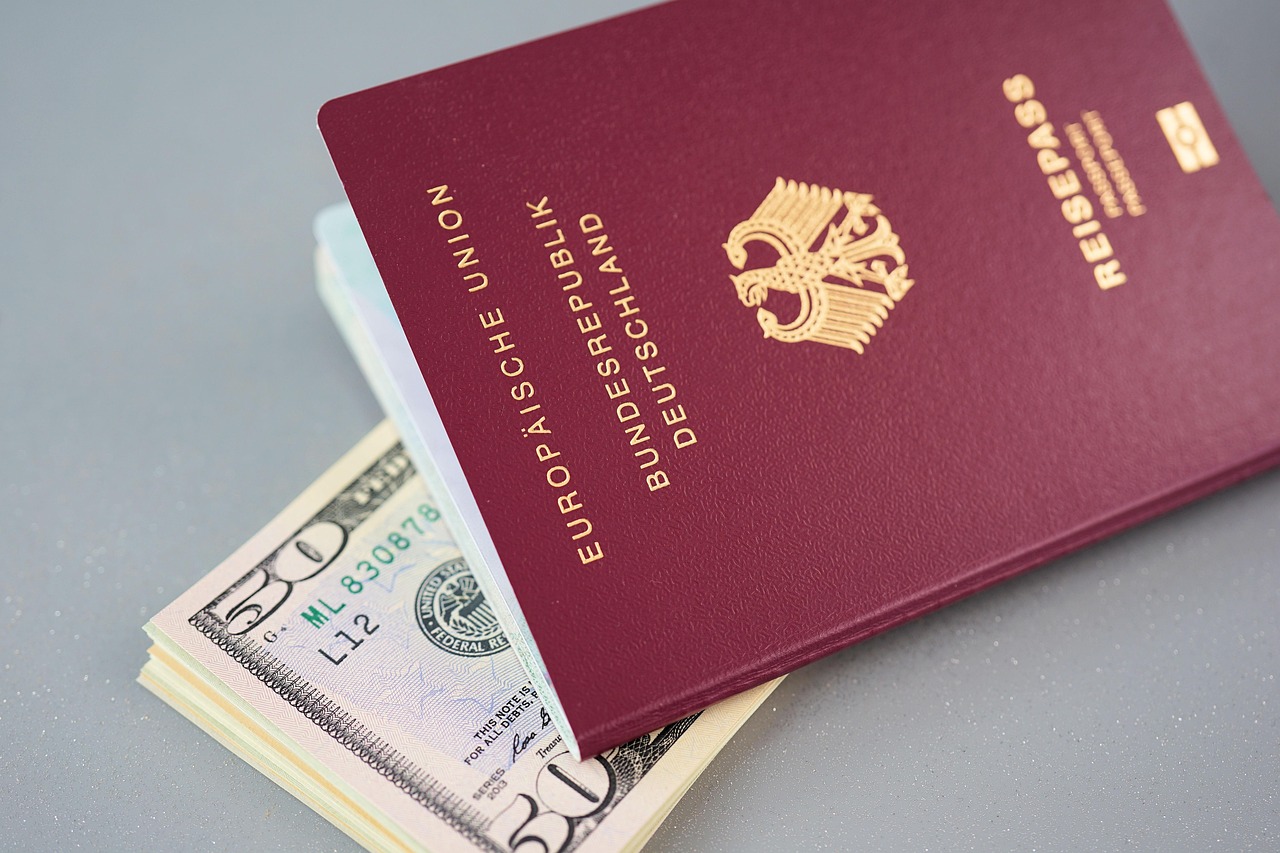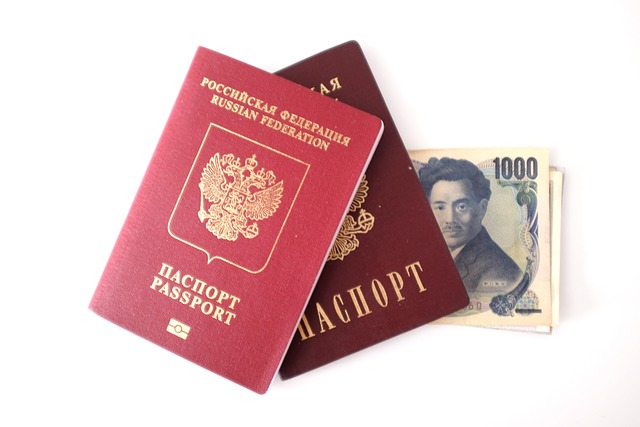Work Permits for Foreigners in the Netherlands: A Comprehensive Guide

The Netherlands is a popular destination for expats seeking career opportunities, thanks to its strong economy, high quality of life, and international business environment. However, working in the Netherlands as a foreigner typically requires a work permit or residence permit, depending on your nationality and the nature of your employment. This guide provides an overview of the different types of work permits, eligibility criteria, and the application process to help you navigate the Dutch immigration system.
Do You Need a Work Permit?
Whether you need a work permit in the Netherlands depends on your nationality and the type of work you will be doing:
- EU/EEA/Swiss Citizens: Citizens of the European Union (EU), European Economic Area (EEA), and Switzerland do not need a work permit to work in the Netherlands. They have the right to live and work freely under EU law.
- Non-EU/EEA Citizens: Citizens from outside the EU/EEA generally need a work permit and a residence permit to work in the Netherlands.
Types of Work Permits
1. Highly Skilled Migrant Permit
The Highly Skilled Migrant Permit is designed for highly skilled professionals who have a job offer from a recognized sponsor in the Netherlands.
Key Features:
- Eligibility: You must have a job offer from a recognized sponsor (employer) and meet the minimum salary requirements (€5,008 per month in 2023 for those aged 30 and over; €3,672 for those under 30).
- Duration: The permit is valid for up to five years or the duration of your employment contract.
- Benefits: Fast-track application process and the possibility of applying for the 30% ruling (a tax advantage for expats).
Application Process:
- Your employer applies for the permit on your behalf through the Immigration and Naturalisation Service (IND).
- Once approved, you can apply for a residence permit.
2. Single Permit (GVVA)
The Single Permit (Gecombineerde Vergunning voor Verblijf en Arbeid, or GVVA) combines a residence permit and a work permit into one application.
Key Features:
- Eligibility: You must have a job offer from a Dutch employer and meet specific criteria, such as salary requirements and labor market conditions.
- Duration: The permit is valid for up to three years or the duration of your employment contract.
- Benefits: Simplifies the application process by combining residence and work permits.
Application Process:
- Your employer applies for the GVVA through the Employee Insurance Agency (UWV).
- Once approved, you can collect your residence permit from the IND.
3. Intra-Corporate Transfer (ICT) Permit
The ICT Permit is for employees of multinational companies who are being transferred to a branch in the Netherlands.
Key Features:
- Eligibility: You must have worked for the company for at least three months and be transferred to a Dutch branch for managerial, specialist, or trainee roles.
- Duration: The permit is valid for up to three years (one year for trainees).
- Benefits: Allows for temporary work in the Netherlands without needing a separate work permit.
Application Process:
- Your employer applies for the ICT Permit through the IND.
- Once approved, you can apply for a residence permit.
4. Seasonal Work Permit
The Seasonal Work Permit is for non-EU/EEA citizens who will work in the Netherlands for a short period (up to 24 weeks) in seasonal industries like agriculture or tourism.
Key Features:
- Eligibility: You must have a job offer in a seasonal industry and meet specific criteria.
- Duration: The permit is valid for up to 24 weeks.
- Benefits: Allows for temporary work in seasonal industries.
Application Process:
- Your employer applies for the Seasonal Work Permit through the UWV.
- Once approved, you can apply for a residence permit.
5. Orientation Year Permit (Zoekjaar)
The Orientation Year Permit is for recent graduates from Dutch universities or international students who have completed a master’s or PhD program abroad.
Key Features:
- Eligibility: You must have graduated from a recognized Dutch university or an international institution within the last three years.
- Duration: The permit is valid for one year.
- Benefits: Allows you to work in the Netherlands without needing a separate work permit while you search for a job.
Application Process:
- Apply for the Orientation Year Permit through the IND.
- Once approved, you can work freely during the orientation year.
Application Process for Work Permits
- Job Offer: Secure a job offer from a Dutch employer who is willing to sponsor your work permit.
- Employer Application: Your employer applies for the work permit on your behalf through the UWV or IND, depending on the type of permit.
- Residence Permit: Once the work permit is approved, you can apply for a residence permit through the IND.
- Biometrics and Documents: Provide biometric data (fingerprints and photo) and submit required documents, such as your passport, employment contract, and proof of qualifications.
- Decision: The IND will process your application and notify you of the decision.
Key Considerations
- Recognition of Qualifications: Ensure your qualifications are recognized in the Netherlands, especially for regulated professions.
- Health Insurance: You are required to have Dutch health insurance while working in the Netherlands.
- 30% Ruling: If you qualify as a highly skilled migrant, you may be eligible for the 30% ruling, which provides significant tax benefits.
- Family Reunification: If you have a valid residence permit, your family members may be eligible to join you in the Netherlands.
Tips for a Successful Application
- Start Early: Begin the application process as soon as you have a job offer, as it can take several weeks or months.
- Gather Documents: Ensure you have all required documents, including your passport, employment contract, and proof of qualifications.
- Seek Professional Advice: Consider consulting an immigration lawyer or advisor to navigate the application process.
- Stay Informed: Keep up-to-date with changes in immigration laws and requirements.



